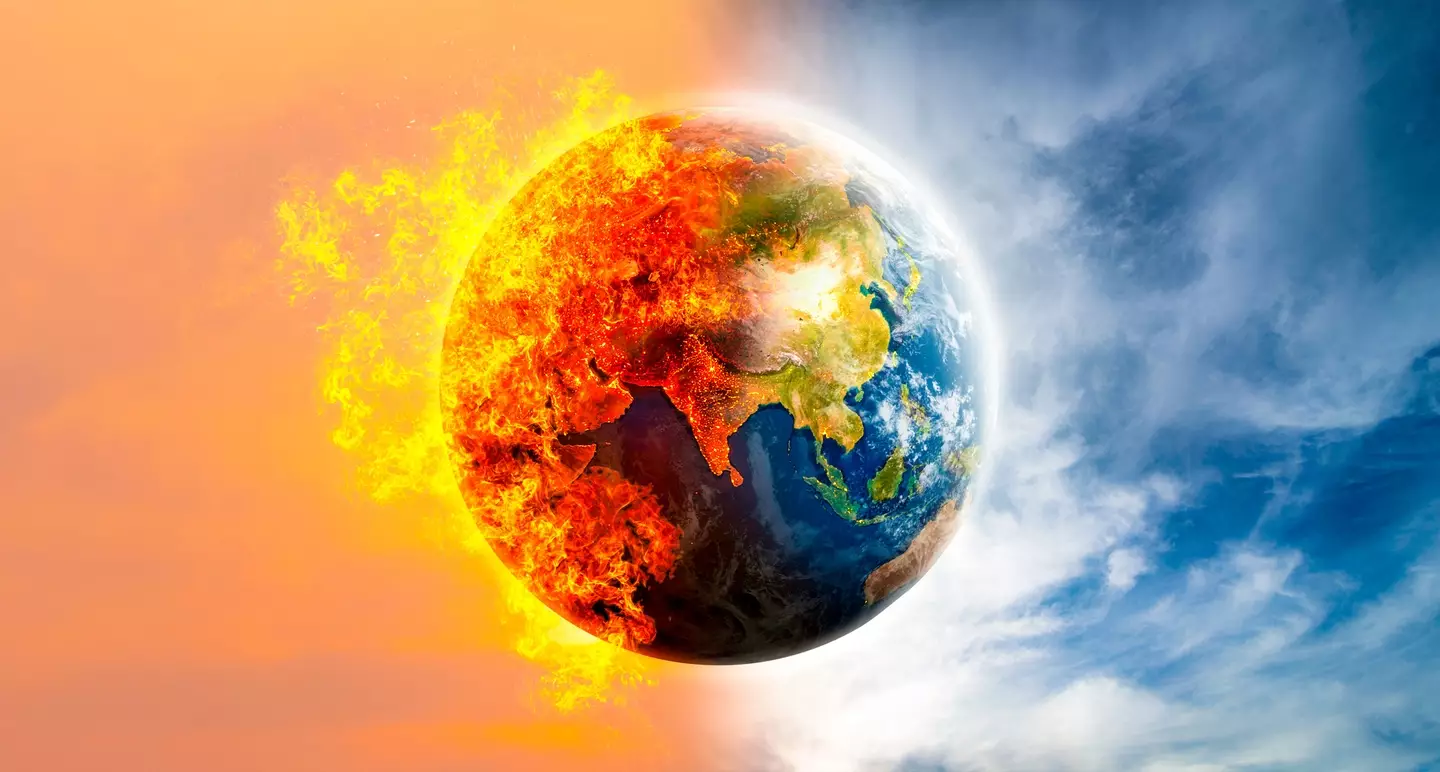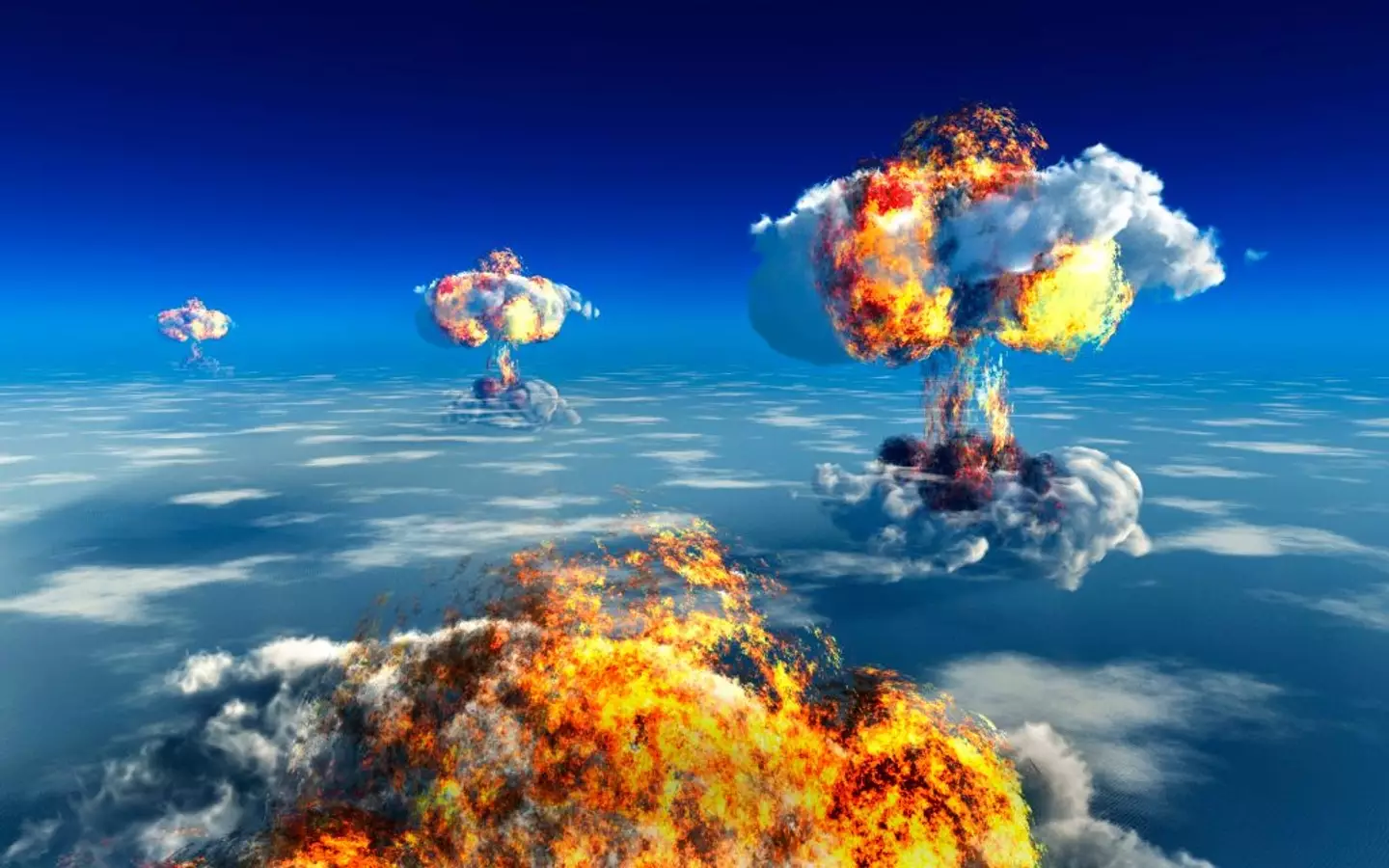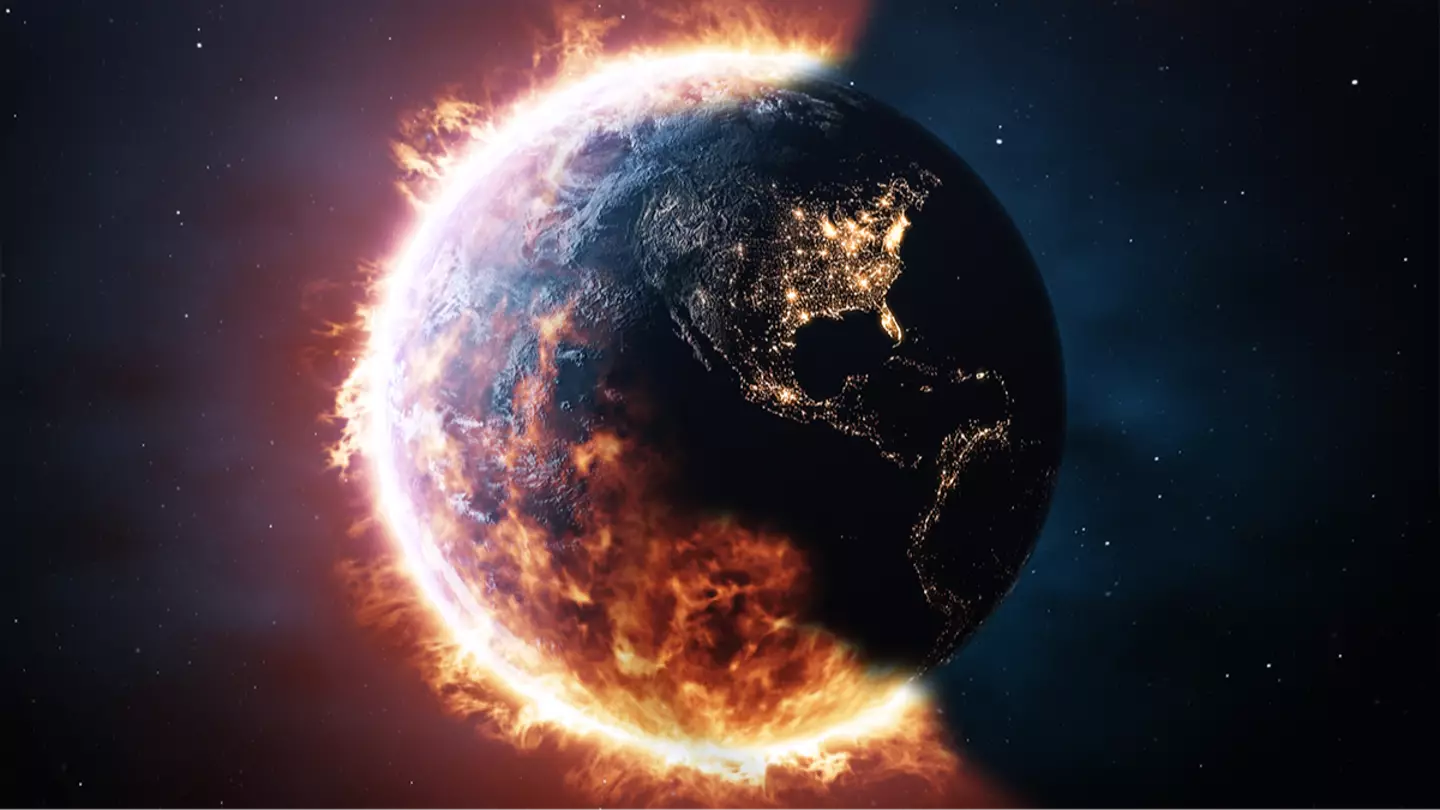An expert has shared insights into potential threats that could lead to the ultimate end of humanity, which may come as a surprise.
In a shift from previous beliefs, climate change is reportedly no longer seen as the primary threat to human existence.
Despite investing a significant portion of his $120 billion fortune in combating climate change, Microsoft co-founder Bill Gates has recently stated that it ‘will not lead to humanity’s demise’. He is now encouraging world leaders to prioritize issues such as health and poverty.
Gates criticized the United Nation’s focus on ‘doomsday outlook’ scenarios, suggesting that it is too centered on short-term challenges like emissions rather than on immediate improvements to quality of life.
Experts are now suggesting that humanity is more likely to cause its own destruction, potentially before the effects of climate change become critical.

Several scientists who study ‘existential risks’ believe that nuclear war is currently the most significant threat to Earth’s inhabitants.
Dr. Rhys Crilley, an international relations expert at the University of Glasgow, UK, told the Daily Mail that the critical factor is ‘time’.
“Climate change unfolds over decades,” he noted, whereas nuclear strikes could ‘end civilization in the space of a few hours’.
He elaborated, “Climate change is a slow-burning crisis that’s already reshaping our world but will get worse in the future, whilst nuclear weapons pose the possibility of instant, total devastation for the planet.”
While nuclear conflict has always been a persistent danger, experts are increasingly alarmed as the potential use of such weapons becomes more conceivable.
Dr. Crilley added, “These risks are not theoretical: the weapons exist, the tensions between nuclear-armed states are worsening, and it seems that nuclear weapon states are increasingly willing to use force to get what they want whilst threatening to use nuclear weapons.

“In addition, we know that accidents and miscalculations happen, and that it was largely down to luck that there was no nuclear conflict during the Cold War.”
Even a ‘small’ conflict involving 100 warheads could lead to a global food crisis and cause the starvation of two billion people within two years.
“There are over 12,000 nuclear warheads in the combined arsenals of the nuclear weapon states, so large-scale nuclear war would likely be an extinction event for the planet,” Dr. Crilley explained.
“It’s clear to me that preventing nuclear war remains one of humanity’s most urgent responsibilities.”
This perspective follows a letter from the 70-year-old tech mogul, written ahead of the UN COP30 climate summit in Brazil, highlighting that the ‘biggest problems’ facing humanity are ‘poverty and disease.’
Gates, however, warned that climate change still poses a significant threat, particularly to impoverished populations, though it is not ‘the biggest threat to their lives and welfare’.
“To be clear: Climate change is a very important problem,” he emphasized. “It needs to be solved, along with other problems like malaria and malnutrition. Every tenth of a degree of heating that we prevent is hugely beneficial because a stable climate makes it easier to improve people’s lives.”

